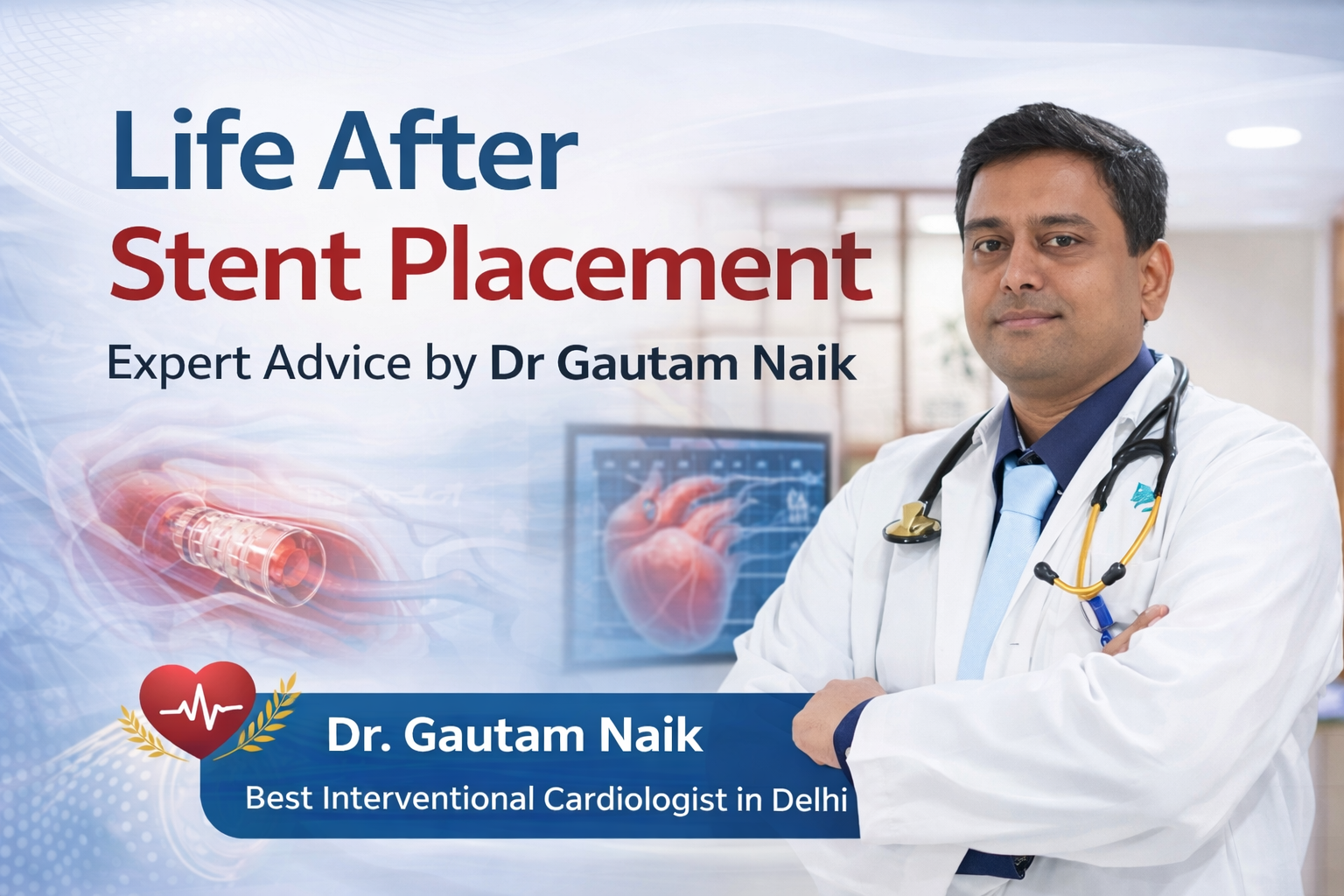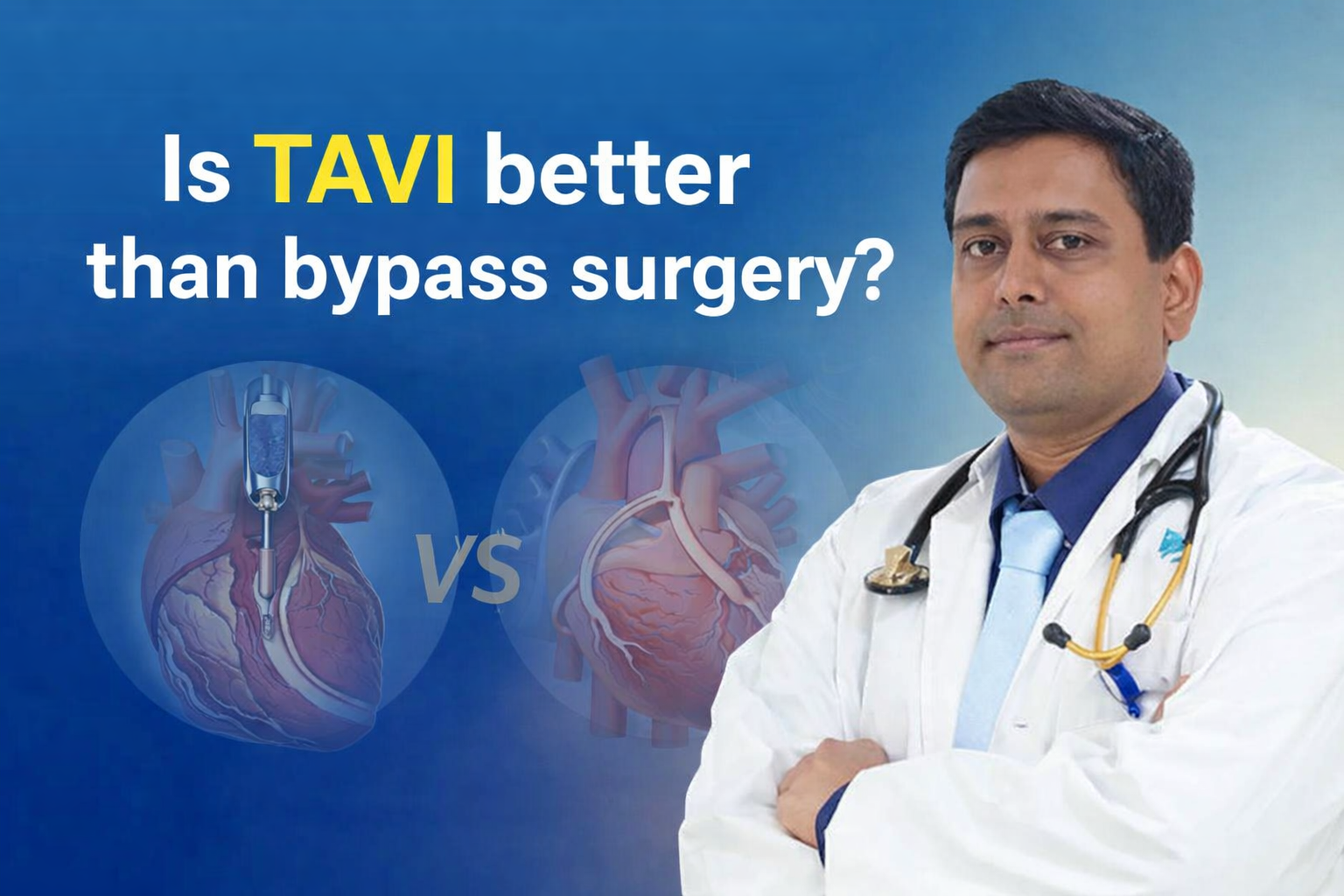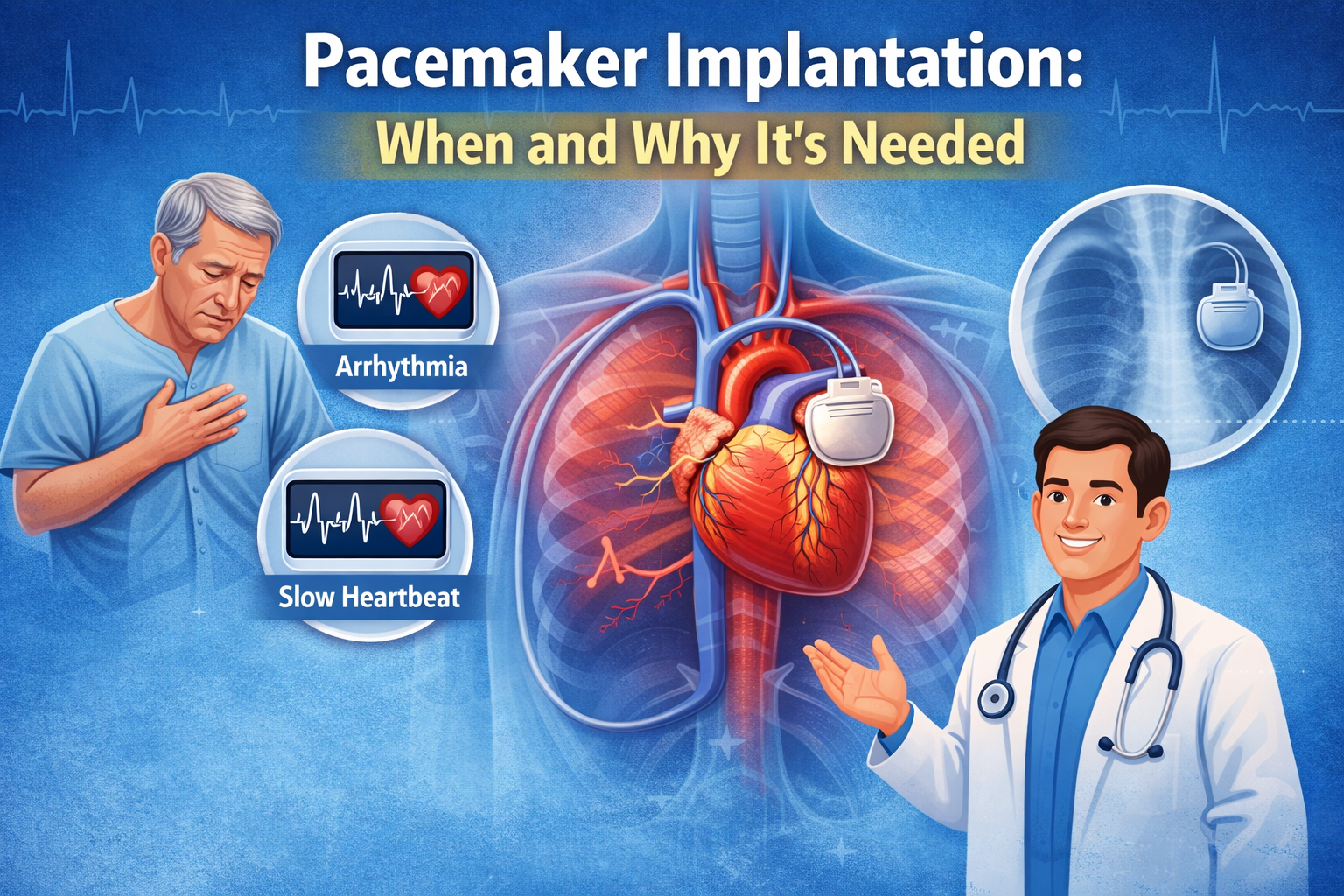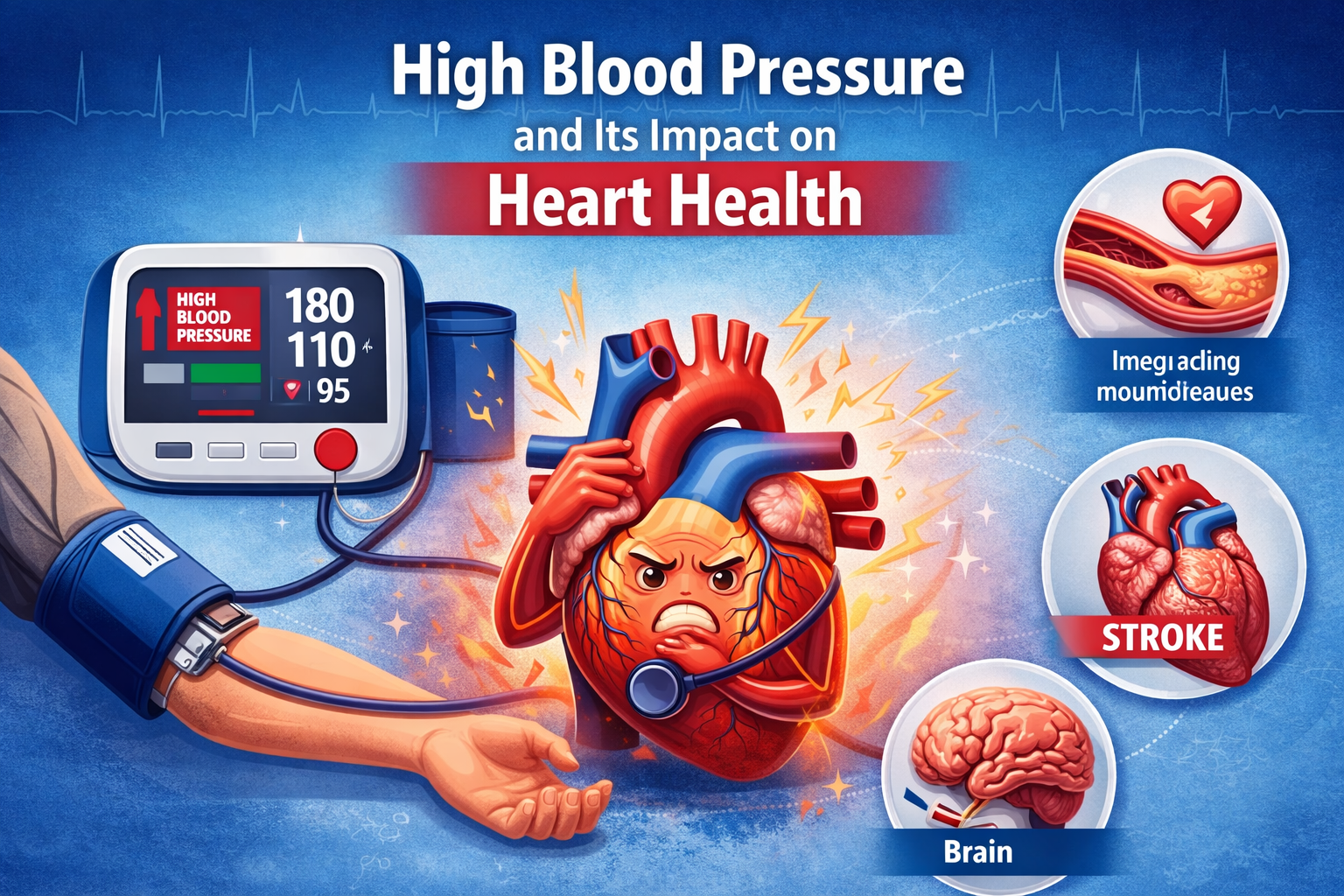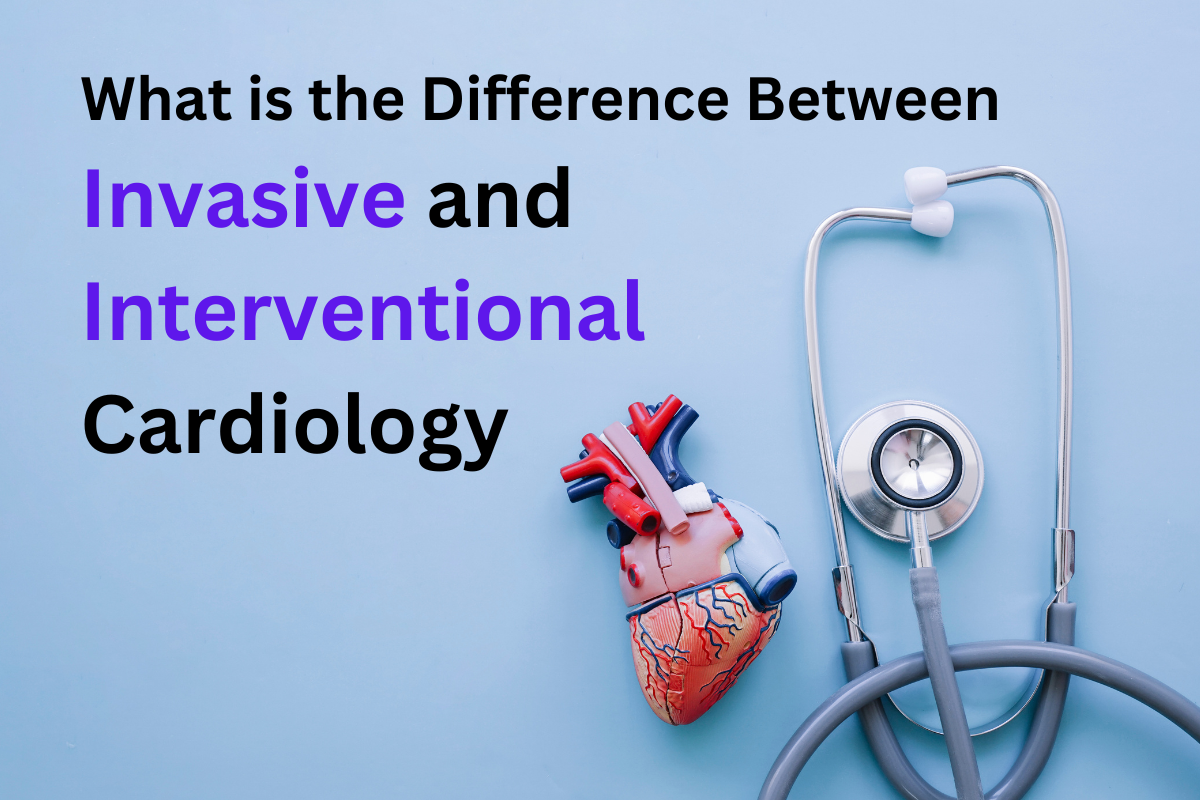
Cardiovascular diseases remain one of the leading causes of mortality worldwide, and cardiology has evolved to offer multiple treatment approaches tailored to the severity of a condition. Among these, invasive and interventional cardiology are two significant branches that often cause confusion. While both involve procedures to diagnose and treat heart diseases, they differ in their methods and applications.
Invasive cardiology refers to diagnostic and therapeutic procedures that require instruments to be inserted into the body, particularly the heart and blood vessels. These procedures often involve catheters, stents, and other devices to help diagnose and manage cardiovascular conditions. Invasive cardiology is generally categorized into two major areas:
Interventional cardiology is a specialized field within invasive cardiology that focuses on catheter-based treatments to address heart conditions without open-heart surgery. These procedures are primarily aimed at treating coronary artery disease, heart valve disorders, and congenital heart defects. Some of the most common interventional cardiology procedures include:
| Aspect | Invasive Cardiology | Interventional Cardiology |
|---|---|---|
| Definition | Involves procedures requiring instruments inside the body, mainly for diagnosis and treatment of heart diseases. | A specialized field of invasive cardiology that focuses on catheter-based procedures to treat heart conditions. |
| Procedures | Includes diagnostic and therapeutic interventions such as cardiac catheterization, pacemaker implantation, and electrophysiology studies. | Focuses on minimally invasive treatments like angioplasty, stenting, and valvuloplasty. |
| Surgical Involvement | Can involve surgery, though not necessarily open-heart surgery. | Minimally invasive and does not require open-heart surgery. |
| Purpose | Diagnosis and treatment of various cardiovascular conditions. | Primarily aimed at treating blockages and restoring normal heart function without surgery. |
Since interventional cardiology deals with life-saving and delicate procedures, choosing an experienced and skilled specialist is crucial. In Faridabad, Dr. Gautam Naik is widely regarded as the best interventional cardiologist, practicing at Apollo Hospital. With vast experience in performing complex cardiac interventions, Dr. Naik is known for his expertise in angioplasty, stent placement, and other advanced interventional procedures. Patients trust him for his precision, patient-centric approach, and high success rates in treating cardiovascular conditions.
Both invasive and interventional cardiology play vital roles in the diagnosis and treatment of heart diseases. While invasive cardiology includes a broad range of diagnostic and therapeutic procedures, interventional cardiology specifically focuses on catheter-based treatments, offering a minimally invasive alternative to surgery. If you’re in need of expert interventional cardiology care in Faridabad, Dr. Gautam Naik at Apollo Hospital is a trusted name for advanced cardiac treatments and patient-focused care.
